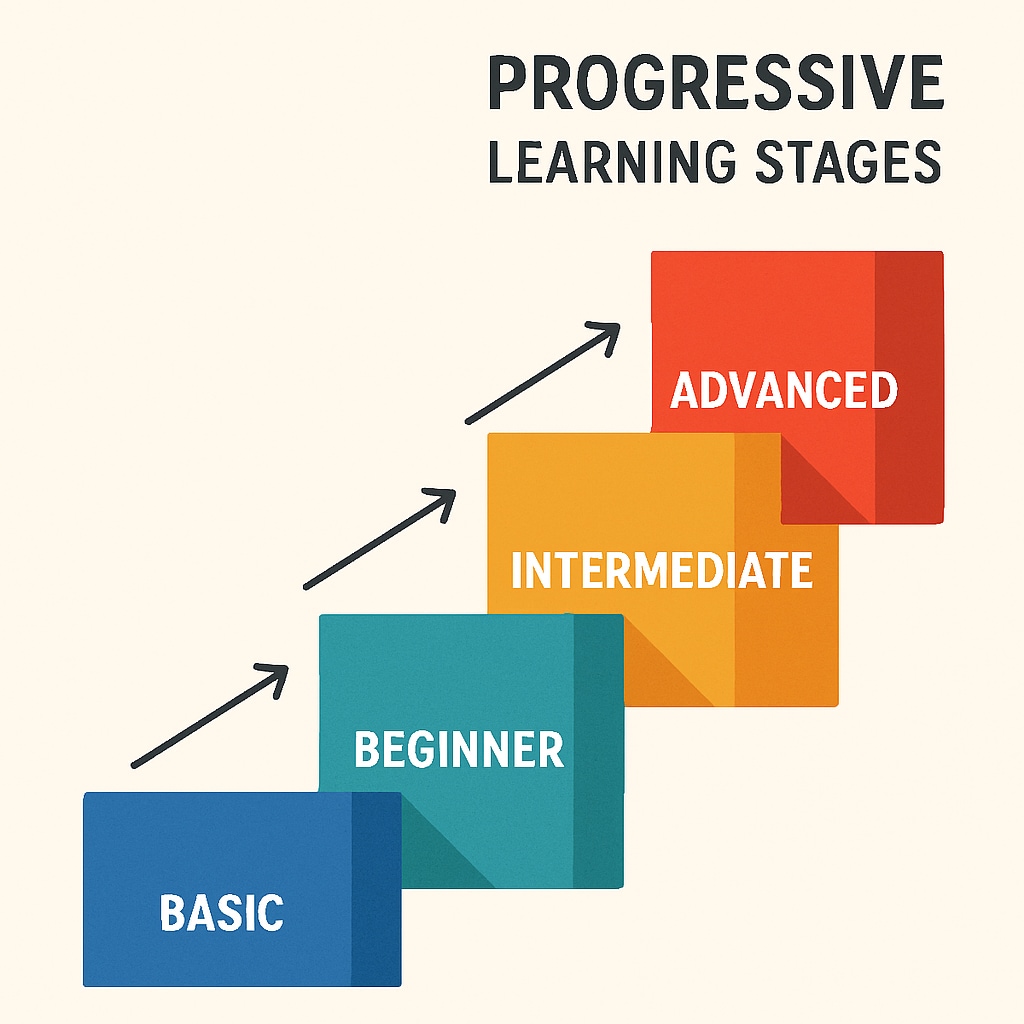Educational gaps, basic knowledge deficits, and feelings of inadequacy are common challenges for adults who missed foundational learning opportunities in childhood. However, it’s never too late to bridge these gaps. With the right mindset and strategies, anyone can systematically rebuild their understanding of core subjects.

Understanding the Psychological Barriers
Many adults facing knowledge gaps experience shame or embarrassment, which can hinder progress. According to the American Psychological Association, these feelings are normal but manageable. Key steps include:
- Acknowledging your current level without judgment
- Reframing gaps as opportunities rather than failures
- Setting realistic, incremental learning goals
Creating a Personalized Learning Plan
Effective knowledge rebuilding requires structure. Start by identifying your most critical gaps using resources like adult education frameworks. Then:
- Prioritize subjects with the greatest impact on your daily life
- Break complex topics into manageable units
- Schedule consistent, short study sessions

Leveraging Modern Learning Resources
Today’s digital tools make skill-building more accessible than ever. Consider:
- Interactive online courses with self-paced options
- Mobile apps for microlearning during spare moments
- Local community education programs
Readability guidance: Use short paragraphs and bullet points for clarity. Transition words like “however,” “therefore,” and “for example” appear throughout to improve flow. Passive voice is minimized to maintain engagement.


